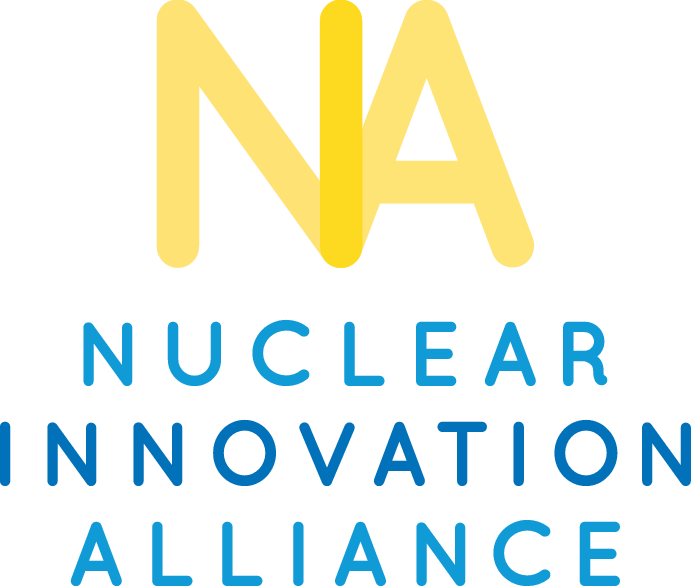
WASHINGTON, D.C. In its most recent Climate Change Mitigation Report, AR6-WG3, the Intergovernmental Panel on Climate Change (IPCC) presented strategies to limit global warming to 1.5°C above pre-industrial levels. In its assessment, the IPCC concluded that the world is on track for a nearly 3°C warming by 2100, and that countries must take immediate action to address climate change. If not, and current policies are maintained through 2030, it will become “impossible to limit warming to 1.5°C.” The report identified that wind, solar, and nuclear energy are the three available energy sources to mitigate climate change through net carbon reductions and also provide net cost savings (SPM.7).
Despite the full IPCC Report demonstrating that there is a substantial role for nuclear energy to play in combination with renewable energy sources, nuclear energy was not mentioned in the Report’s Summary for Policymakers (SPM). This is a concern because most policymakers will only read the SPM and not the full report, missing critical information. This is an omission that the IPCC should correct going forward.
Although the full Report clearly states that a low-carbon energy transition will create growth and shift investment toward renewables, nuclear energy, and energy efficiency, the report results show a more limited role for nuclear energy than would be expected (SPM.3). This is due to a report drafting process that began over three years ago. At that time, at the end of 2018, there was minimal information on cost estimates for advanced reactors and abundant projections of cost declines for renewable energy. Thus, the IPCC Report assumed the high flat-lined costs for existing reactor technology and low declining cost projections for renewable energy technology. Contrary to these assumptions, in the last three years, increasing commercial interest in advanced reactors has revitalized the development of nuclear energy supply chains and the application of modern manufacturing and construction processes that will help advanced reactors achieve cost reductions. Despite the full Report not considering the potential future cost reductions for advanced reactor technology, as it did for other technologies like carbon capture and renewables, it is significant that nuclear energy was nonetheless identified as an important climate change mitigation strategy.
Moreover, the report should have pointed out the other merits of nuclear energy as strategies to mitigate climate change. Even when assuming no change to the cost of nuclear reactors, nuclear energy remains one of the few clean energy sources that is available when needed, complementing intermittent sources, and lowers overall energy system costs (SPM 4). In addition, nuclear energy has the remarkable ability to support deep decarbonization across a wide variety of sectors because it can be used to decarbonize electricity, heating, industrial process, and transportation while having minimal land use impacts and geographic or climate siting limitations.
The IPCC AR6-WG3 Report makes it clear that existing nuclear reactor technology plays a cost-effective role in immediate climate mitigation actions through 2030. But the effort to limit global warming does not end in 2030, and while we deploy the technologies that are available today, we need to make investments toward advanced technology maturation and ensure cost reductions to meet the needs of the future. Stabilizing the global average temperature will require an eventual reduction of carbon dioxide (CO2) emissions to net-zero. If countries adopt the IPCC’s recommended strategies to limit the world to a 1.5°C temperature increase, the result will be net-zero CO2 emissions by the early 2050s. This means deploying capital to commercialize advanced reactors (as well as geothermal and hydrogen energy sources) which are expensive today but will all be needed on a large scale later in the coming decade.
In the global effort to mitigate climate change, countries must begin to maximize deployment of clean energy solutions, and in this global effort nuclear energy cannot be sidelined or ignored. Although not reflected by the IPCC in the SPM, the underlying IPCC Report supports this argument and the case for shifting toward clean energy now, including nuclear energy. As the world prepares to celebrate Earth Day, it is imperative to recognize nuclear energy as one of the key energy sources to mitigate climate change, and to let the IPCC’s AR6-WG3 Report serve as a global reminder that countries must act to establish an energy mix that will achieve climate goals.
Acknowledgement: Danielle Emche, Project Manager at the Nuclear Innovation Alliance; Adam Stein, Director of the Nuclear Energy Innovation program at the Breakthrough Institute.